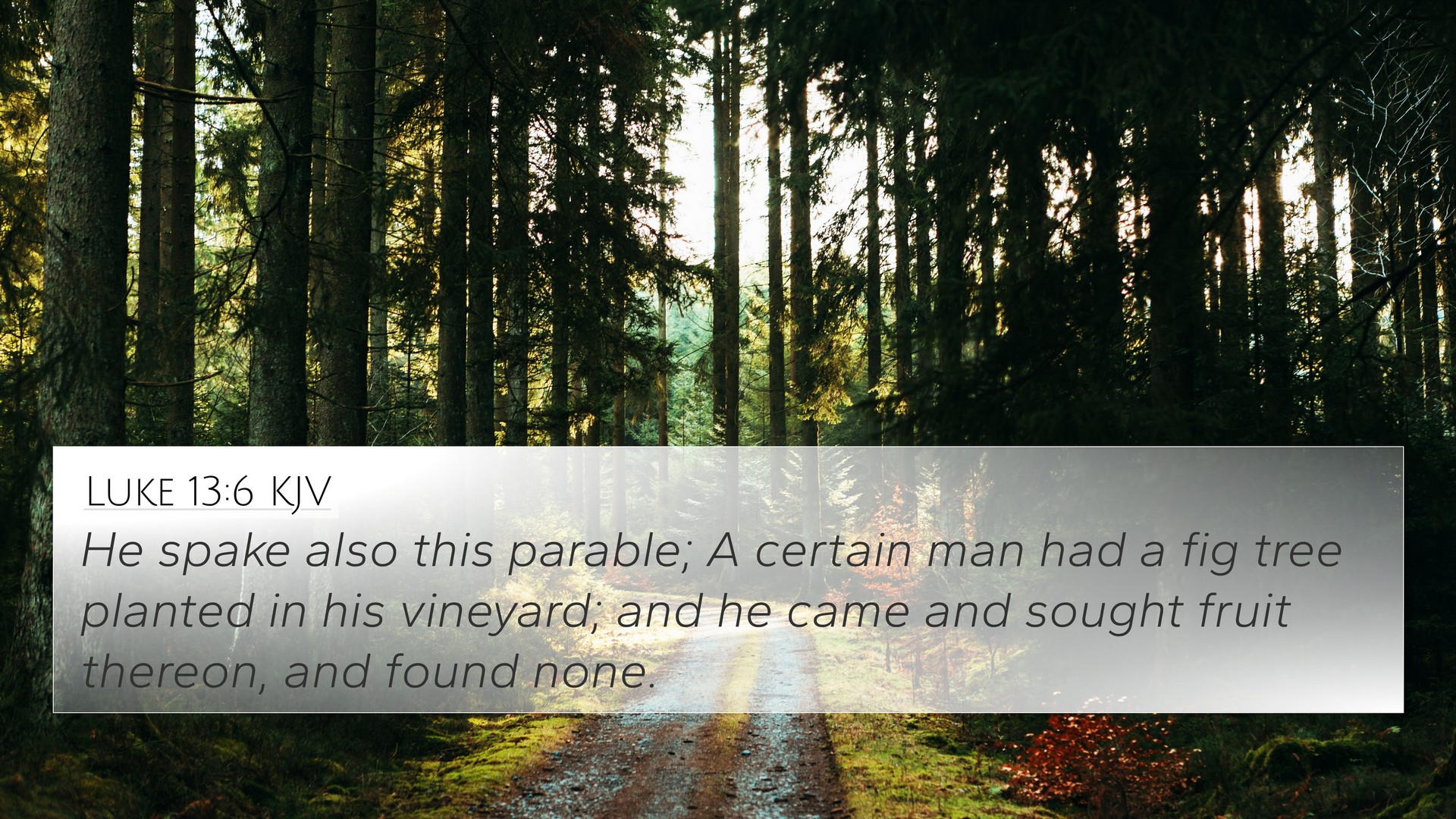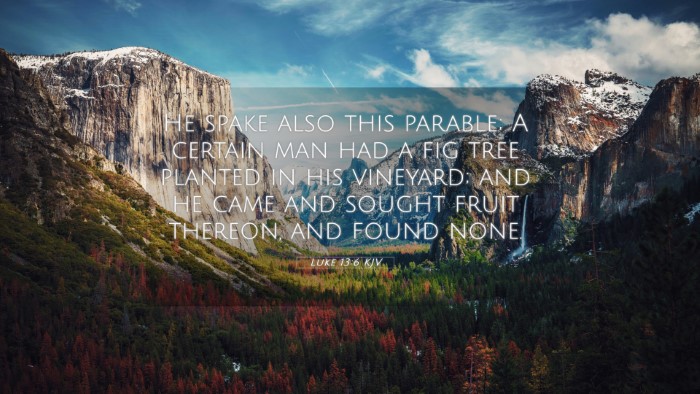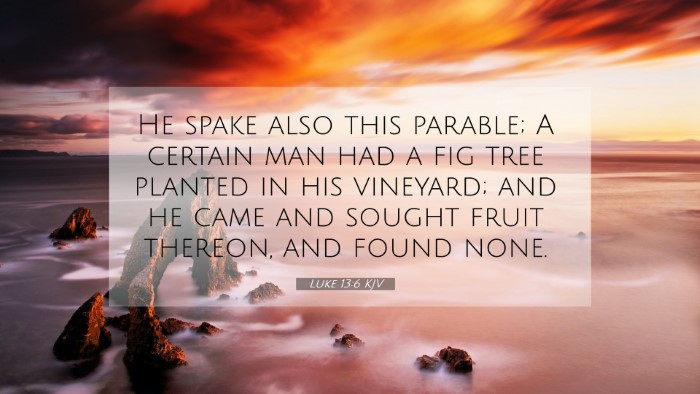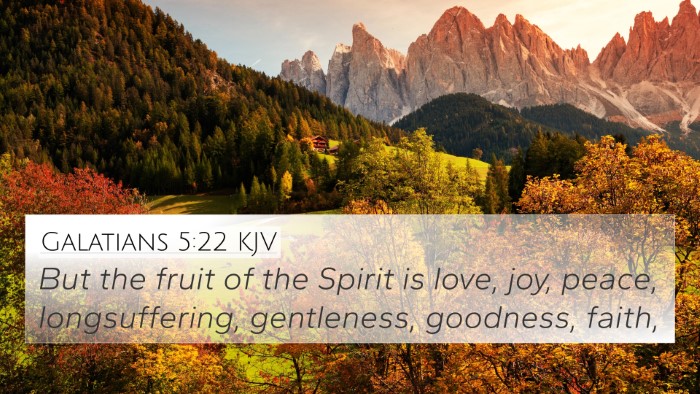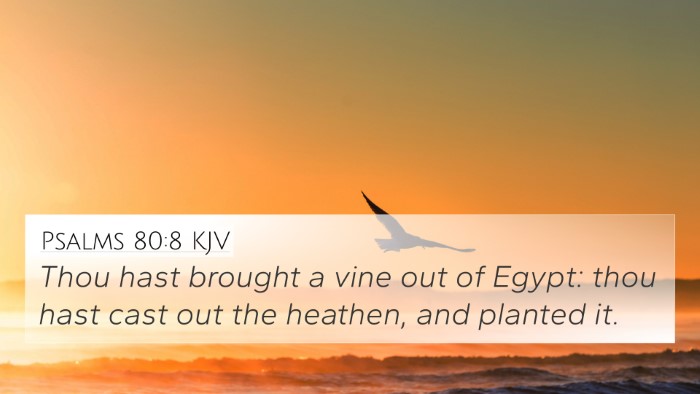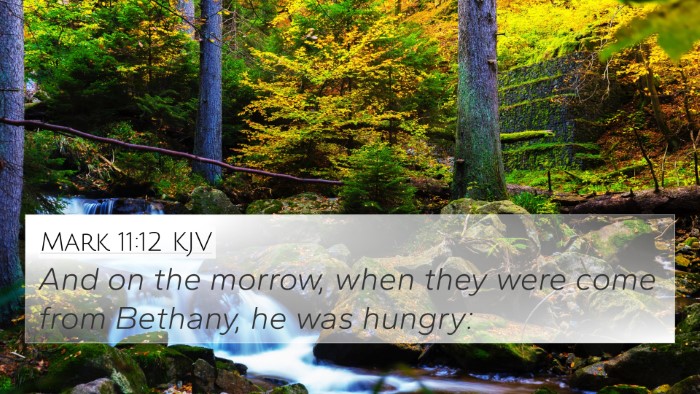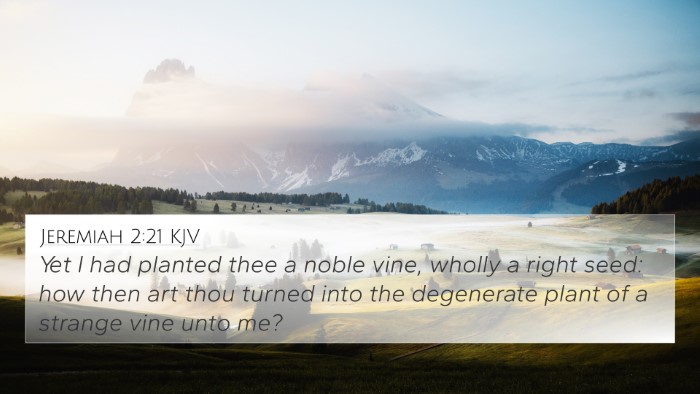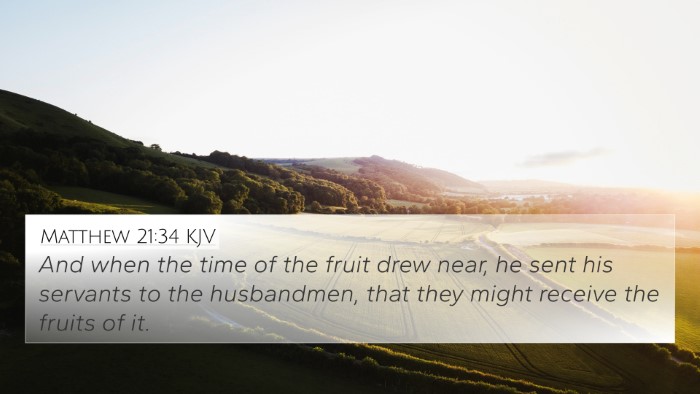Understanding Luke 13:6
Verse: Luke 13:6 - "He spake also this parable; A certain man had a fig tree planted in his vineyard; and he came and sought fruit thereon, and found none."
Meaning and Interpretation
This verse introduces a parable told by Jesus, illustrating the importance of bearing fruit in the life of believers. The fig tree symbolizes those who are a part of God's people, yet fail to produce spiritual fruits that reflect their faith and relationship with God.
Insights from Public Domain Commentaries
Examining insights from esteemed commentaries by Matthew Henry, Albert Barnes, and Adam Clarke provides a richer understanding of this verse:
Matthew Henry’s Commentary:
Henry highlights the expectation of the fig tree to yield fruit given its long cultivation. He emphasizes the patience of the owner and the seriousness of spiritual fruitlessness, framing it as a warning against complacency in faith.
Albert Barnes’ Notes:
Barnes reflects on the significance of the fig tree as a representation of Israel, God's chosen people. He draws parallels between the tree's lack of fruit and the spiritual barrenness among the people, underscoring a message of impending judgment and the need for repentance.
Adam Clarke’s Commentary:
Clarke explores the setting of the parable, noting that the vineyard's owner symbolizes God, while the fig tree’s lack of fruit represents unfruitful lives. He points to the mercy shown by the owner, who allows for another year of growth, symbolizing God's patience with humanity.
Biblical Context and Themes
This parable occurs in a context where Jesus calls for repentance and indicates the consequences of unrepentant hearts. Understanding this context provides clarity regarding the urgency of producing good fruits in one’s life as a reflection of genuine faith.
Cross-References to Luke 13:6
The following Bible verses relate to Luke 13:6, highlighting similar themes of fruitfulness, judgment, and God's mercy:
- John 15:1-2 – Jesus speaks of the vine and branches, emphasizing the need for believers to bear fruit.
- Matthew 21:18-19 – Jesus curses the barren fig tree, teaching about the consequences of unfruitfulness.
- Isaiah 5:1-7 – A song about God's vineyard rejected due to lack of justice and righteousness.
- Genesis 1:28 – God's command to be fruitful and multiply, establishing the foundation of God's expectations of humanity.
- Galatians 5:22-23 – The 'fruits of the Spirit' that reflect a life transformed by faith.
- James 2:17 – Faith without works is dead, emphasizing active expressions of faith through deeds.
- Romans 11:21-22 – A warning to the Gentiles to not become arrogant, remembering that God did not spare the natural branches.
- Luke 3:9 – John the Baptist speaks of the axe being laid to the root, calling for repentance and fruitfulness.
- Matthew 12:33 – "A tree is known by its fruit" reinforces the theme of discernible outcomes of one’s life from faith.
- 2 Peter 1:5-8 – Peter urges believers to add to their faith various virtues, resulting in fruitful lives.
Thematic Connections and Cross-Referencing
Luke 13:6 not only stands alone but also enters a broader conversation about faith, works, and spiritual accountability throughout Scripture. Here are key themes and connections:
- Faith and Works: The necessity of demonstrating faith through tangible actions is reinforced in various passages.
- Judgment and Mercy: The balance of divine judgment and mercy manifests throughout many biblical narratives.
- Spiritual Growth: The expectation of growth in one’s spiritual life aligns with the teachings found in both the Gospels and the Epistles.
- Repentance: The theme of repentance as a precursor to receiving God’s mercy resonates in the teachings of both John the Baptist and Jesus.
- Covenant Relationships: The connection between God and His people emphasizes the expectations of fruitfulness as part of the covenant agreement.
Exploring Inter-Biblical Dialogue
This verse exemplifies the dialogical nature of the Bible, where themes intersect and inform one another across Testaments. By studying these connections, believers can gain deeper insights and implications for personal faith:
- Identifying parallels between Old Testament prophecies and New Testament fulfillment enhances understanding.
- Studying how various authors address similar topics reinforces core biblical doctrines.
- Exploring the teachings of Jesus alongside the prophetic warnings allows for a comprehensive view of God’s plan for humanity.
Conclusion
In conclusion, Luke 13:6 serves as a critical reminder of the importance of bearing spiritual fruit. By utilizing tools for Bible cross-referencing, one can deepen their understanding and application of this teaching. A thorough examination of the connections between Bible verses, especially those that relate to the themes found in Luke 13:6, is essential for anyone seeking a holistic understanding of Scripture.
